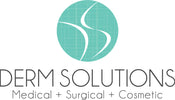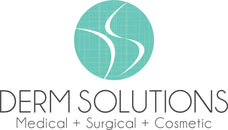Acne
Please note: This service is not available online. It is only offered in-person at our office. Schedule your appointment to experience expert care.
Acne
Acne is a common inflammatory skin condition that occurs when hair follicles become clogged with dead skin cells and oil (sebum). This blockage can lead to the formation of various types of blemishes, including blackheads, whiteheads, pimples (pustules), and cysts.
Types of Acne:
-
Non-inflammatory Acne:
- Blackheads (Open Comedones): Open pores with oxidized sebum, appearing black.
- Whiteheads (Closed Comedones): Closed pores with trapped sebum and dead skin cells, appearing white or flesh-colored.
-
Inflammatory Acne:
- Papules: Small, red, raised bumps.
- Pustules (Pimples): Red bumps with a white or yellow pus-filled tip.
- Nodules: Large, solid, painful bumps deep under the skin.
- Cysts: Large, pus-filled, painful bumps deep under the skin that can cause scarring.
Causes and Contributing Factors:
- Excess Sebum Production: Overactive oil glands.
- Clogged Hair Follicles: Dead skin cells accumulating within the pores.
- Bacteria (Cutibacterium acnes): Bacteria that live on the skin can multiply in clogged pores and cause inflammation.
- Hormones: Hormonal fluctuations, particularly during puberty, menstruation, pregnancy, or due to certain medical conditions or medications.
- Genetics: A family history of acne can increase the risk.
- Certain Medications: Some medications can trigger or worsen acne.
- Diet: While the link between diet and acne is still being researched, some studies suggest that certain foods (e.g., high glycemic index foods, dairy) may contribute to acne in some individuals.
- Stress: Stress can exacerbate acne.
Treatment and Management:
- Over-the-counter (OTC) Treatments: Cleansers, creams, and gels containing benzoyl peroxide, salicylic acid, or adapalene.
-
Prescription Medications:
- Topical Retinoids: Tretinoin, adapalene (prescription strength), tazarotene.
- Topical Antibiotics: Clindamycin, erythromycin.
- Combination Medications: Combining retinoids with antibiotics or benzoyl peroxide.
- Oral Antibiotics: For moderate to severe inflammatory acne.
- Hormonal Therapies: Birth control pills or spironolactone for women with hormonal acne.
- Isotretinoin (Accutane): A powerful oral medication for severe, cystic acne that has not responded to other treatments.
- Lifestyle Changes: Gentle skincare routine, avoiding picking or squeezing blemishes, managing stress.
Important Considerations:
- Acne can affect people of all ages, although it is most common during adolescence.
- It is important to avoid picking or squeezing blemishes, as this can lead to scarring.
- A dermatologist can diagnose the type of acne and recommend the most effective treatment plan.
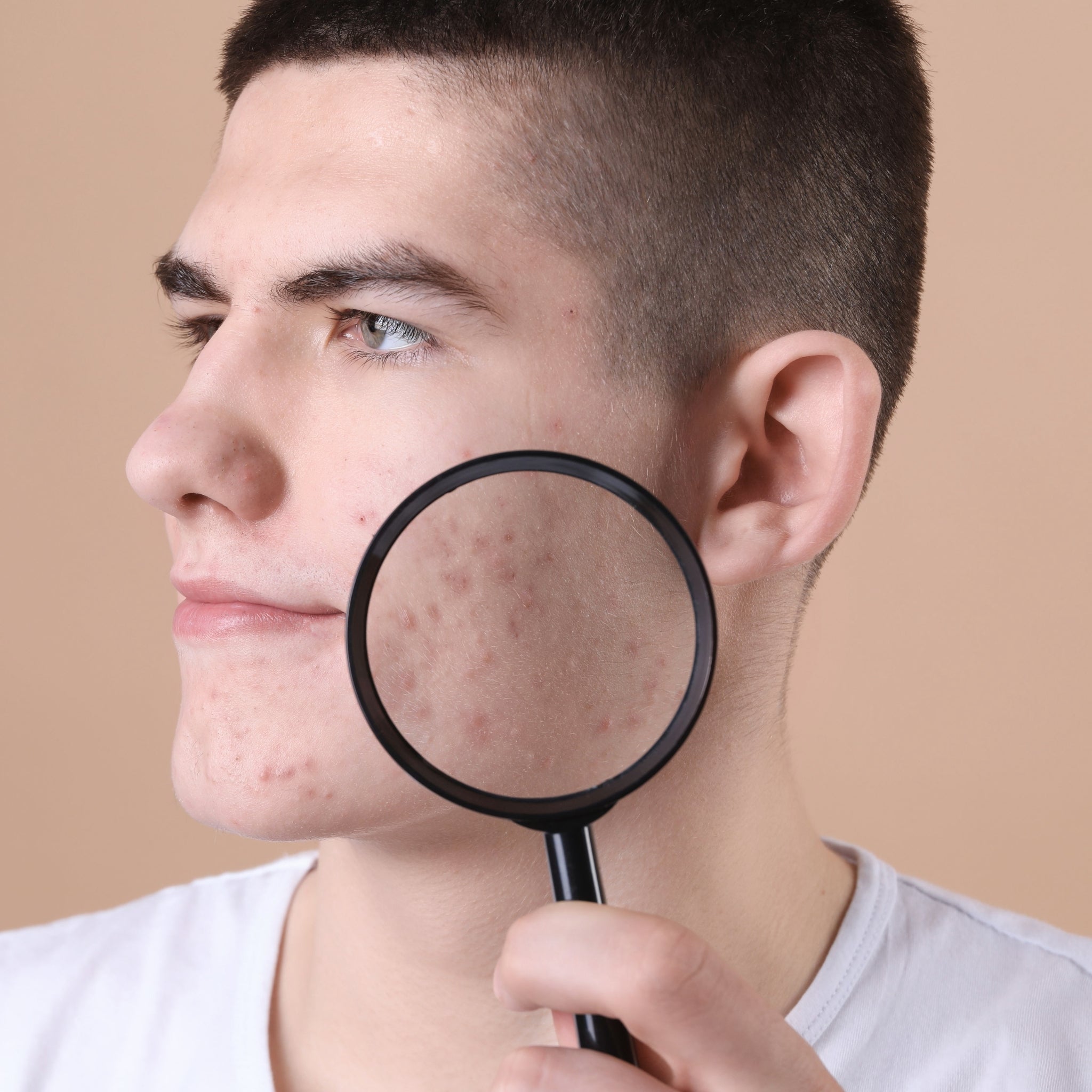
How to Book This Service
Our professional dermatology services are provided exclusively in our Guaynabo office. Schedule your appointment today or contact us to learn more about how we can help you.
VISIT US
Professional Hospital, 9 Las Cumbres Ave, Suite 15, Guaynabo Puerto Rico 00971, United States
Mon - Thu, 7:45am - 4:45pm
Fri, 8:00am - 2:00pm
Sat - Sun, Closed
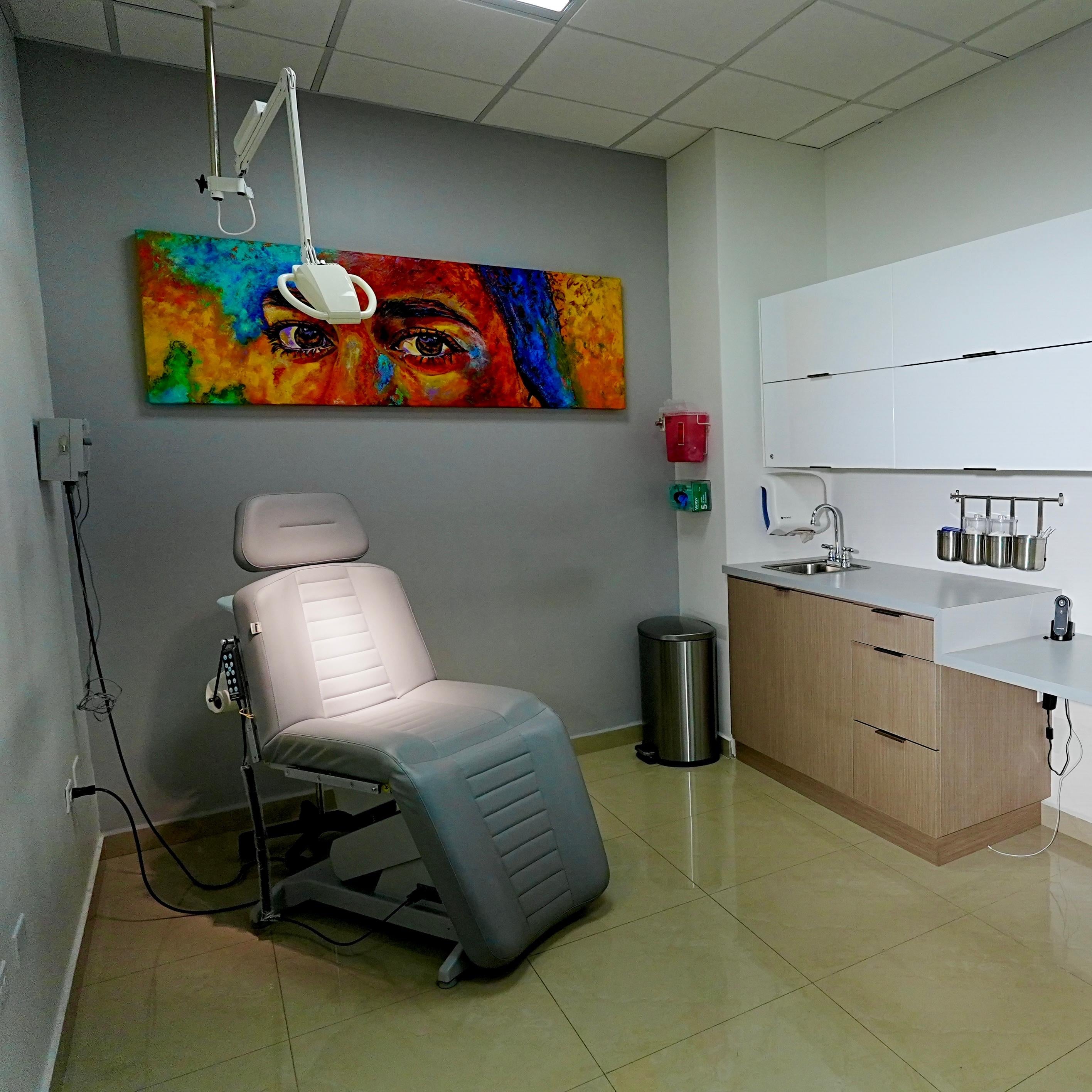
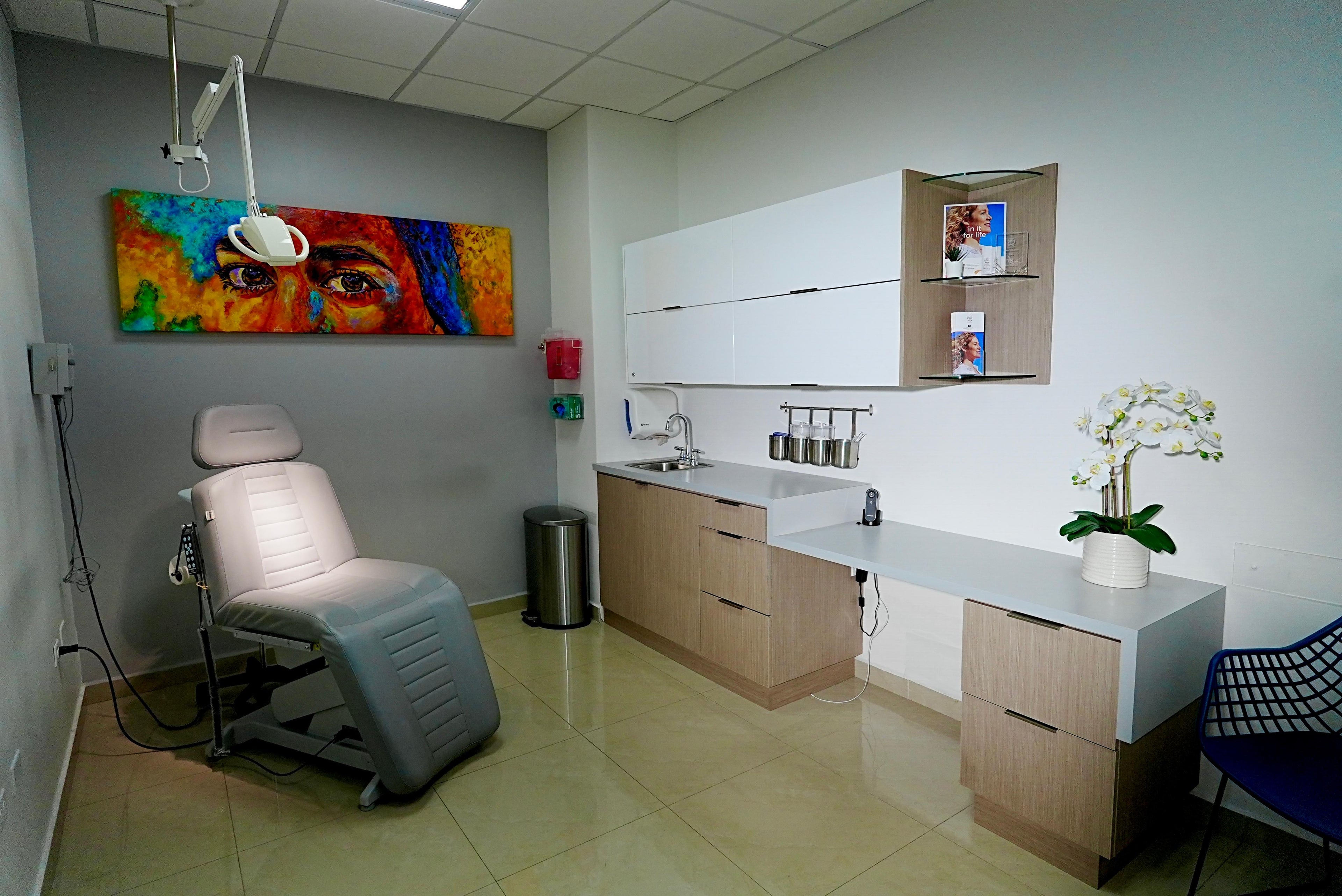
CONTACT US
-
EMAIL US
info@dermpr.store -
Call us
787-626-3431 -
Follow us
